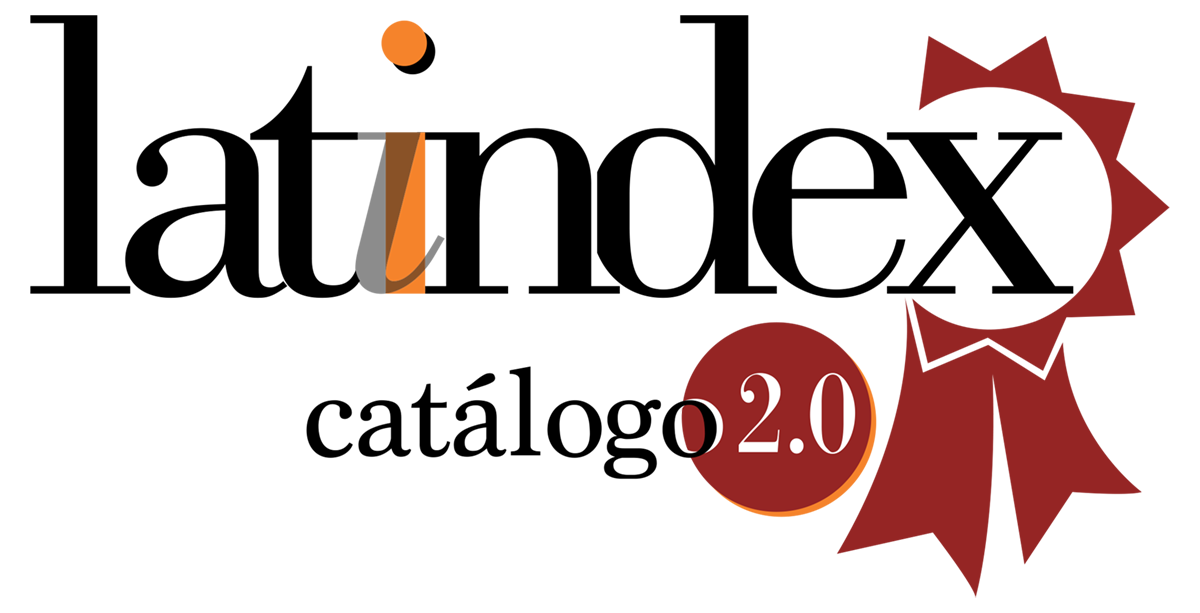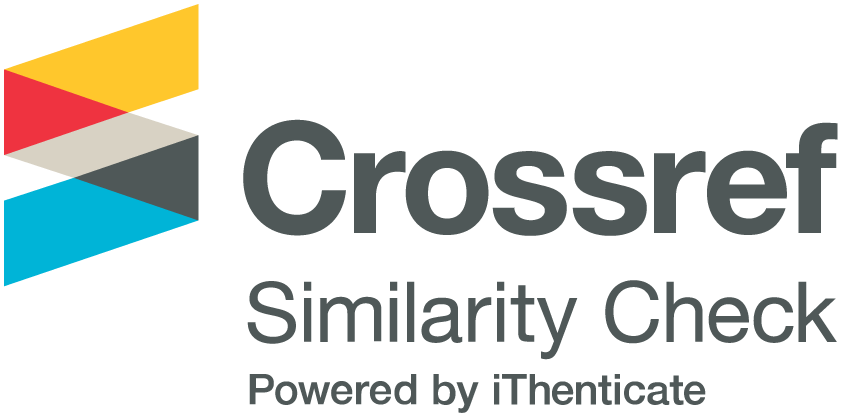Digital Competence of Primary Education Teachers
Instrumental Pilot Study of the “DigCompEdu Check-In” Questionnaire for Its Adaptation to University Students
DOI:
https://doi.org/10.54790/rccs.120Keywords:
teaching competence, european digital competence framework, competence areas, DigCompEdu, pilot study, educational technologyAbstract
The "DigCompEdu Check-In" questionnaire is an essential tool for assessing educators' digital competence, promoting self-assessment and professional development. Based on the European Framework for Digital Competence, it allows educators to measure their skills in areas such as digital literacy, communication, and technological creativity. Its validity has been confirmed in various universities across Spain, supporting its effectiveness. Additionally, it fosters a culture of continuous learning by integrating digital technologies into education. The aim of this pilot study was to develop a scale to measure different areas of digital competence in university students of the primary education degree, as well as to examine its main psychometric properties. The sample consisted of 204 students. The phases of this pilot study are presented along with the descriptive analysis of the data collected.
Downloads
Metrics
References
Ato, M., López, J. J. y Benavente, A. (2013). A classification system for research designs in Psychology. Annals of Psychology, 29(3), 1038-1059. http://doi.org/10.6018/analesps.29.3.178511 DOI: https://doi.org/10.6018/analesps.29.3.178511
Cabero, J. y Palacios, A. (2020). Marco Europeo de Competencia Digital Docente «DigCompEdu» y cuestionario «DigCompEdu Check-In». EDMETIC, Revista de Educación Mediática y TIC, 9(1), 213-234. https://doi.org/10.21071/edmetic.v9i1.12462 DOI: https://doi.org/10.21071/edmetic.v9i1.12462
Cepa-Rodríguez, E. y Murgiondo, J. E. (2024). Digital competence among 1st and 4th year primary education undergraduate students: A comparative study of face-to-face and online teaching. Education and Information Technologies, 29, 24881-24898. https://doi.org/10.1007/s10639-024-12828-3 DOI: https://doi.org/10.1007/s10639-024-12828-3
Chen, X., Chang-Richards, A., Ling, F. Y. Y., Yiu, T. W., Pelosi, A. y Yang, N. (2024). Digital technologies in the AEC sector: a comparative study of digital competence among industry practitioners. International Journal of Construction Management, 25(1), 63-76. https://doi.org/10.1080/15623599.2024.2304453 DOI: https://doi.org/10.1080/15623599.2024.2304453
Couper, M. P. y Bosnjak, M. (2010). Internet surveys. En P. V. Mardsen y J. D. Wright (Eds.), Handbook of survey research (pp. 527-550). Emerald Group.
Dias-Trindade, S. y Gomes Ferreira, A. (2020). Competências digitais docentes: o DigCompEdu CheckIn como processo de evolução da literacia para a fluência digital. Icono 14, 18(2), 162-187. https://doi.org/10.7195/ri14.v18i1.1519 DOI: https://doi.org/10.7195/ri14.v18i2.1519
Economou, A., Kapsalis, G., Gkolia, A. y Papanastasiou, E. C. (2023, November). Educators’ perceptions of their digital competence: The case of the DigCompEduCheckIn tool. 16th Annual International Conference of Education, Research and Innovation. https://doi.org/10.21125/iceri.2023.0120 DOI: https://doi.org/10.21125/iceri.2023.0120
European Commission: Joint Research Centre, Redecker, C. y Punie, Y. (2017). DigCompEdu: The Digital Competence Framework for Educators. Publications Office of the European Union. https://data.europa.eu/doi/10.2760/159770
Hair, J., Black, W., Babin, B. J., Anderson, R. y Tatham, R. (2014). Multivariate data analysis (6ª ed.). Pearson International Edition.
Hu, L. y Bentler, P. M. (1999). Cutoff criteria for fit indexes in covariance structure analysis: Conventional criteria versus new alternatives. Structural Equation Modeling: A Multidisciplinary Journal, 6(1), 1-55. https://doi.org/10.1080/10705519909540118 DOI: https://doi.org/10.1080/10705519909540118
Kalton, G. (2020). Introduction to survey sampling. Sage. DOI: https://doi.org/10.4135/9781071909812
Khademi-Vidra, A. y Bakos, I. M. (2024). Panorama de las competencias digitales del profesorado en el sistema húngaro de formación profesional secundaria agrícola. Tech Know Learn. https://doi.org/10.1007/s10758-024-09766-x DOI: https://doi.org/10.1007/s10758-024-09766-x
Kiryakova, G. y Kozhuharova, D. (2024). The Digital Competences Necessary for the Successful Pedagogical Practice of Teachers in the Digital Age. Education Sciences, 14(5), 507. https://doi.org/10.3390/educsci14050507 DOI: https://doi.org/10.3390/educsci14050507
Kline, R. B. (2015). Principles and practice of structural equation modeling (4.ª ed.). Guilford Publications.
Llorente-Cejudo, C., Barragán-Sánchez, R., Puig-Gutiérrez, M. y Romero-Tena, R. (2023). Social inclusion as a perspective for the validation of the “DigCompEdu Check-In” questionnaire for teaching digital competence. Education and Information Technologies, 28(8), 9437-9458. https://doi.org/10.1007/s10639-022-11273-4 DOI: https://doi.org/10.1007/s10639-022-11273-4
Mainz, A., Nitsche, J., Weirauch, V. y Meister, S. (2024). Measuring the digital competence of health professionals: Scoping review. JMIR Medical Education, 10, e55737. https://doi.org/10.2196/55737 DOI: https://doi.org/10.2196/55737
Martín-Párraga, L., Llorente-Cejudo, C. y Barroso-Osuna, J. (2022). Validation of the DigCompEdu Check-in Questionnaire through Structural Equations: A Study at a University in Peru. Education Science, 12(8), 574. https://doi.org/10.3390/educsci12080574 DOI: https://doi.org/10.3390/educsci12080574
Momdjian, L., Manegre, M. y Gutiérrez-Colón, M. (2024). Digital competences of teachers in Lebanon: a comparison of teachers’ competences to educational standards. Research in Learning Technology, 32. https://doi.org/10.25304/rlt.v32.3203 DOI: https://doi.org/10.25304/rlt.v32.3203
Muñiz, J. y Fonseca-Pedrero, E. (2019). Diez pasos para la construcción de un test. Psicothema, 31(1), 7-16. https://doi.org/10.7334/psicothema2018.291 DOI: https://doi.org/10.7334/psicothema2018.291
Nguyen, T. Q., Ngoc, P. T. A., Phuong, H. A. et al. (2024). Competencia digital de los ciudadanos vietnamitas: Una aplicación del marco DigComp y el rol de los factores individuales. Education and Information Technologies, 29, 19267-19298. https://doi.org/10.1007/s10639-024-12585-3 DOI: https://doi.org/10.1007/s10639-024-12585-3
Serrano-Hidalgo, M. y Llorente-Cejudo, M. C. (2023). El modelo DIGCOMPEDU como base de la competencia digital docente en el contexto de una universidad latinoamericana. EDMETIC, Revista de Educación Mediática y TIC, 12(2), 5. https://doi.org/10.21071/edmetic.v12i2.16011 DOI: https://doi.org/10.21071/edmetic.v12i2.16011
Soper, D. S. (2024). A-priori sample size calculator for structural equation models. [Software] https://www.danielsoper.com/statcalc/calculator.aspx?id=89
Tabachnick, B. G. y Fidell, L. S. (2019). Using multivariate statistics (7ª ed.). Pearson.
Tomarken, A. J. y Waller, N. G. (2005). Structural equation modeling: Strengths, limitations, and misconceptions. Annual Review of Clinical Psychology, 1, 31-65. https://doi.org/10.1146/annurev.clinpsy.1.102803.144239 DOI: https://doi.org/10.1146/annurev.clinpsy.1.102803.144239
Vázquez-Villegas, P., Reyes-Millán, M. y Membrillo-Hernández, J. (2024). The new reality in digital teaching implies the inclusion of personalized digital education as an essential element for the future. E-Learning and Digital Media. https://doi.org/10.1177/20427530241239392 DOI: https://doi.org/10.1177/20427530241239392
Downloads
Published
How to Cite
Issue
Section
License
Copyright (c) 2025 Blanca Berral-Ortiz, Juan-José Victoria-Maldonado, Patricia Ayllón-Salas, José-Antonio Martínez-Domingo

This work is licensed under a Creative Commons Attribution-NonCommercial-ShareAlike 4.0 International License.
Funding data
-
Fundación Pública Andaluza Centro de Estudios Andaluces
Grant numbers PRY005/22










